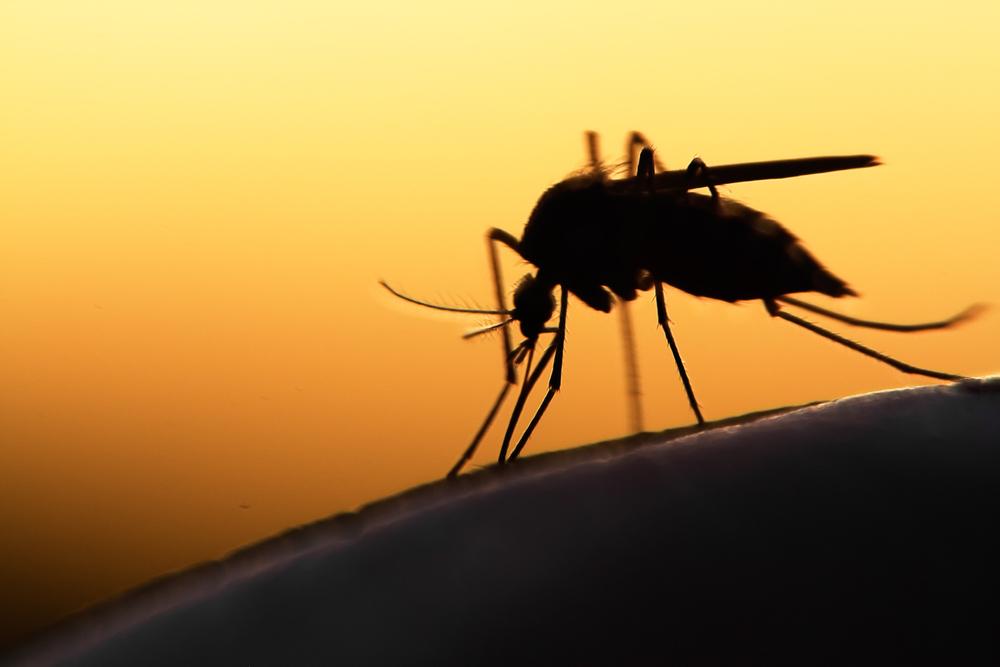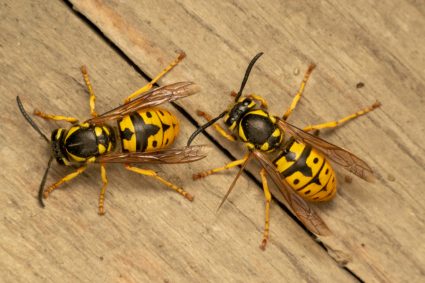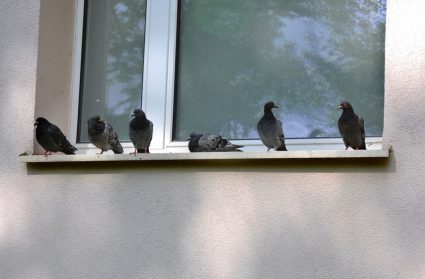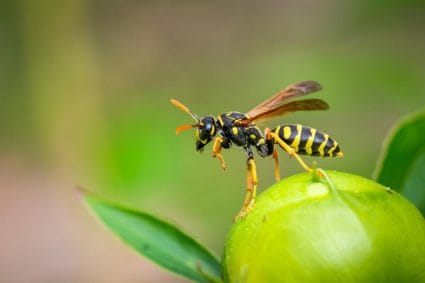
In this comprehensive article, we explore the question, “Does mosquito spray kill grass?” While mosquito sprays are crucial in our fight against these disease-carrying insects, it’s essential to understand the potential impacts these products may have on our environment, particularly our lawns.
Yes, mosquito sprays can potentially harm grass, especially if they contain DEET. The damage usually occurs when the spray comes into direct contact with the grass, causing damage to the leaf tissue. However, not all mosquito sprays have this effect, and the choice of product, along with careful application, can mitigate these risks.
The Impact of Mosquito Spray on Grass
Mosquito sprays can indeed harm grass, particularly if they contain DEET (N,N-diethyl-meta-toluamide), a highly effective insect repellent. Damage typically occurs when someone stands on the grass and sprays their feet to protect themselves from mosquito bites, causing the spray to come into direct contact with the grass.
Though mosquito sprays usually don’t kill the entire plant, they can damage the leaf tissue, leaving noticeable outlines of the affected areas. Some grass types are more susceptible to this damage, including creeping bentgrass and Kentucky bluegrass. However, not all mosquito sprays have adverse effects on grass. For example, Bug Soother, an all-natural bug spray, showed no adverse effects on turf in a demonstration.
The Environmental Impact of Mosquito Sprays
Aside from potentially damaging grass, mosquito sprays can also harm other insects, including beneficial ones like bees, butterflies, and ladybugs. These organisms play crucial roles in our ecosystems, such as pollination, pest control, and serving as food for other wildlife.
In addition, chemicals from mosquito sprays can enter surface waters through runoff, potentially harming aquatic organisms. Birds and other wildlife may also be affected if they feed on insects poisoned by these sprays.
How to Use Mosquito Spray Without Harming Grass
To minimize the risk of damaging your grass, follow these guidelines:
- Avoid spraying directly on grass: Stand on a non-grass surface like a sidewalk or patio when applying mosquito repellent.
- Target specific locations: Spray mosquito-prone areas in your yard, such as dense vegetation and under deck areas.
- Apply during the right time of day: Mosquitoes are most active during dawn and dusk, making these the best times to spray.
- Allow the treatment to dry: Let the treatment dry completely before touching the grass or allowing children and pets to access the area.
- Choose the right product: Opt for a mosquito spray that is safe for grass and other plants.
Environmentally-Friendly Mosquito Sprays
If you’re concerned about the environmental impact of mosquito sprays, consider using environmentally-friendly alternatives like US Organic Mosquito Repellent, Green Koala Organic Bug Spray, or Wondercide. These products use natural ingredients to repel mosquitoes without harming grass or the environment.
Conclusion
While mosquito sprays can potentially harm grass, their proper use and the choice of environmentally-friendly alternatives can mitigate these risks. By understanding the potential impacts and taking the necessary precautions, we can protect ourselves from mosquitoes without causing undue harm to our lawns and the environment.
Frequently Asked Questions
Are all mosquito sprays harmful to grass?
No, not all mosquito sprays are harmful to grass. The effect of mosquito sprays on grass depends on the ingredients used in the product. Some sprays, particularly those containing DEET, can cause damage to grass. However, other sprays, especially those made from natural ingredients, may not harm grass.
Can I use mosquito spray on other plants in my garden?
While it’s generally safe to use mosquito sprays on other plants, it’s best to check the product label or consult with the manufacturer to ensure it won’t cause any harm. Remember, the primary purpose of mosquito sprays is to repel mosquitoes, not to protect plants.
What are some other ways to control mosquitoes without using sprays?
There are many other ways to control mosquitoes without using sprays. These include removing standing water where mosquitoes breed, installing bug zappers or mosquito traps, using mosquito nets, and planting mosquito-repelling plants like lavender, marigolds, and citronella.
Are these environmentally-friendly mosquito sprays as effective as regular ones?
Yes, environmentally-friendly mosquito sprays can be just as effective as regular ones. Many of them use natural ingredients like essential oils, which are known to repel mosquitoes. However, they might need to be reapplied more frequently than synthetic repellents.
Is there a way to repair the grass damaged by mosquito spray?
Yes, grass damaged by mosquito spray can often recover over time with proper care. Regular watering, fertilizing, and aeration can help the grass repair itself. In severe cases, you might need to reseed the affected areas.










